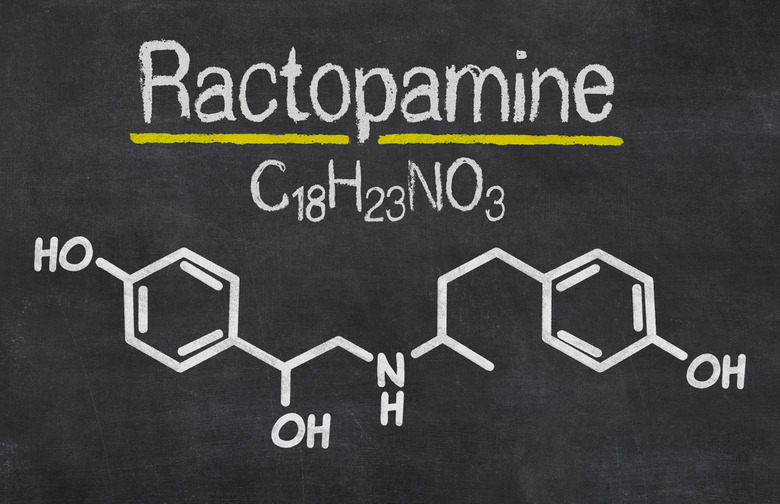8 Food Additives Banned Overseas That Are Legal In The United States Slideshow
Just the word "arsenic" sounds toxic — it's a famous poison in old mystery stories, after all (remember "Arsenic and Old Lace?" — and it definitely lives up to its reputation. Arsenic is added to chicken feed in order to give the meat its signature pinkish hue, and can also be found in some brands of rice cakes, in some baby foods, and even in tap water. Arsenic can cause death in high doses, yet the United States still hasn't managed to eliminate it from our food system.
Artificial Colorings
Dyes and colorings are common in the food industry because — let's face it — we eat with our eyes. Unfortunately, the food industry has gone to surprisingly dangerous lengths to achieve the right shade of yellow and red. The commercial coloring agents known as Yellow #6 and Red #40 are made from coal tar, which breaks down into aromatic amines and has been directly linked to bladder cancers. Studies are also drawing connections between food dyes and attention deficit hyperactivity disorder (ADHD), which is why some responsible companies have been phasing them out voluntarily. Maybe that's why Europe has banned these colorings and requires these brands to use natural alternatives.
Azodicarbonamide
This infamous food additive has made headlines recently as the "yoga mat chemical." People were rightfully disturbed that a food additive found in your McRib could also be found in your amazingly durable yoga mat. This chemical is fortunately being phased out of the fast-food industry, but it is still legal in the United States, despite being banned in many European countries.
Butylated Hydroxytoluene
Butylated hydroxytoluene (BHT) is a chemical that allows frying oil to be quickly reheated after it has cooled down. It can be found in fast-food restaurants and also in some processed meats and candies. It doesn't do too much damage, just mild insomnia, increased appetite, liver damage, and mental and physical retardation. Yum.
Olestra
The brain child of Procter & Gamble, olestra, sold under the name Olean, was a dangerous attempt at a zero-calorie fat substitute. The product hit the grocery shelves in 1996 and immediately upset a lot of stomachs. Thousands of people submitted complaints to the U.S. Food and Drug Administration citing abdominal cramping, diarrhea, and loose stools. The FDA eventually put a label on products containing olestra, warning customers that it may cause loose stools and "inhibit the absorption of some vitamins and nutrients." The label requirement was dropped in 2003, but olestra is still "generally recognized as safe". It has been banned in Canada and the European Union.
Potassium Bromate
Potassium bromate is a common additive used in baked goods. Its oxidizing properties help breads and pastries achieve an eerily white finish. The chemical also helps improve dough's elasticity and makes for a soft and fluffy final product. This "flour improver" has been banned in Europe, China, and Brazil, but is still legal in the U.S., despite being classified as a category 2B carcinogen, meaning it is possibly
Ractopamine
This stuff is so dangerous that even Russia has banned it. Ractopamine is used to help livestock put on lean muscle, and has been appropriately dubbed a "porkroid." The studies presented to the FDA regarding the chemical's safety were conducted by Elanco, the company that actually makes it. It is banned in more than 160 countries.
rBST hormones
If you've glanced at your carton of milk recently, you might see a label that says, "From cows not treated with rBST." Manufacturers are proud to announce this fact because cows given recombinant bovine somatotropin (rBST) have a 25 percent higher chance of developing mastitis and a 40 percent decrease in fertility. Although it does increase milk production, studies of the hormone's impact on the human body are still inconclusive. Nonetheless, it has been banned in Canada, Japan, and the EU.







